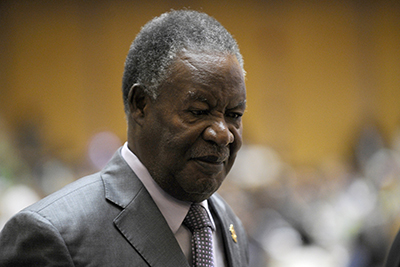The charges leveled against a Zambian journalist suspected by authorities of being linked to the blocked news website Zambian Watchdog make for interesting reading.
This week, freelancer Wilson Pondamali appeared in court on charges of theft of a library book and being in possession of military stores. These charges pale in comparison to the initial accusation of sedition and insulting the president, according to the independent website Zambia Reports.
Zambian authorities first blocked domestic access to the Zambian Watchdog, a website that frequently criticizes government and the ruling Patriotic Front party, on June 24. The site moved to a different server and was accessible until mid-July, when it was blocked again.
Pondamali’s court appearance was brief. The court had received no instructions from the director of public prosecution for the matter to proceed, so the case was adjourned until the end of September. According to a post on Pondamali’s Facebook page, it was the fourth time he has appeared in court since his arrest in mid-July, when police detained him for two days.
Two other journalists suspected of links to the Zambian Watchdog, Thomas Zgambo and former journalism lecturer Clayson Hamasaka, also face a variety of charges, which have shifted as police investigations have continued. The charges range from drug possession to sedition, insulting the president and possession of pornographic material.
Freelance journalist Paul Carlucci writes in Zambia Reports that while Zambian presidents have a long history of invoking criminal defamation to stifle criticism, the incumbent has also been quick to use the law to threaten his opponents. President Michael Sata’s mounting attacks on the press and opposition politicians have had a broad, chilling effect on freedom of expression in the country. Carlucci’s look at how Zambian law silences critics can be found here.
UPDATE: This blog post has been modified to reflect the correct spelling of Thomas Zgambo’s name.
